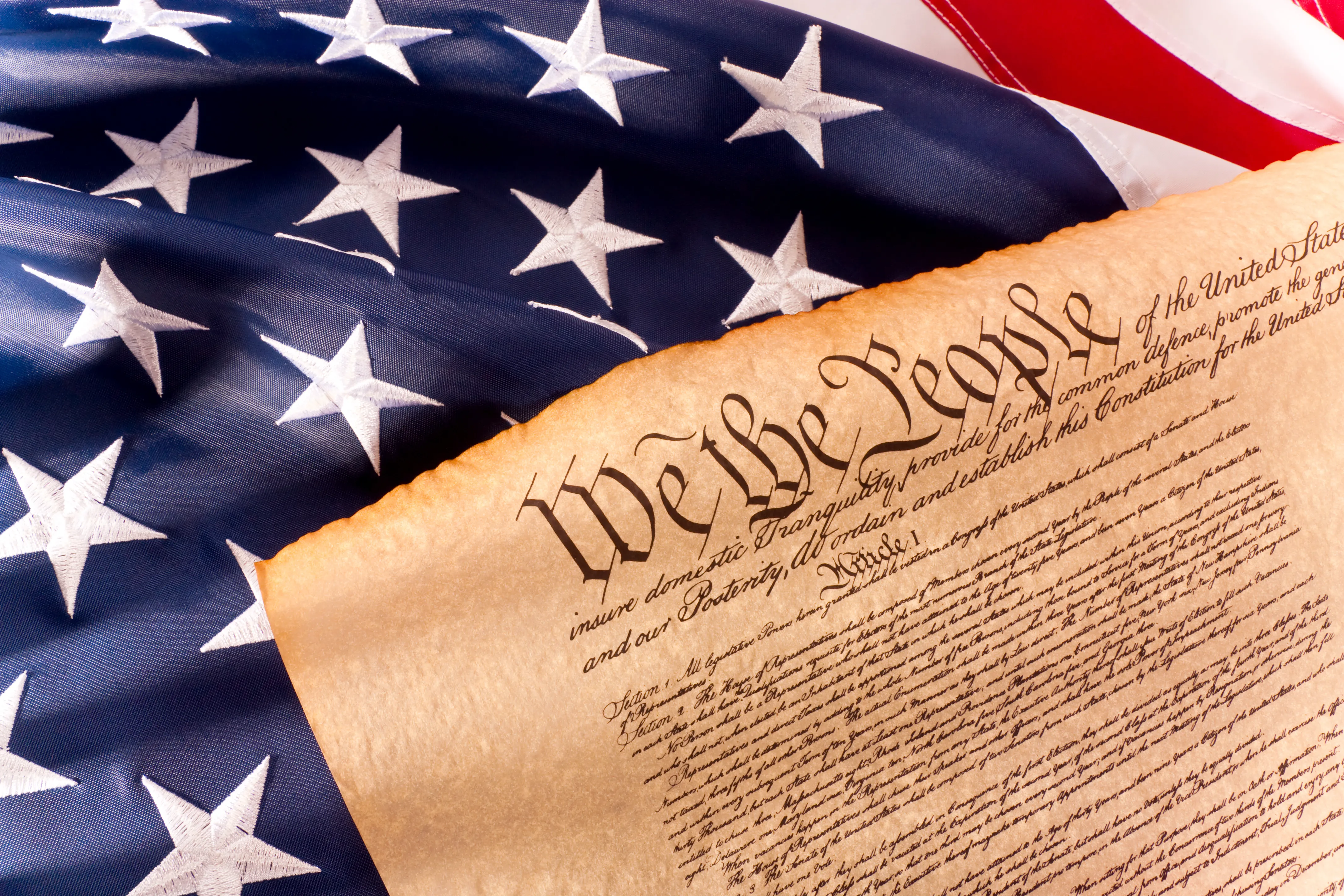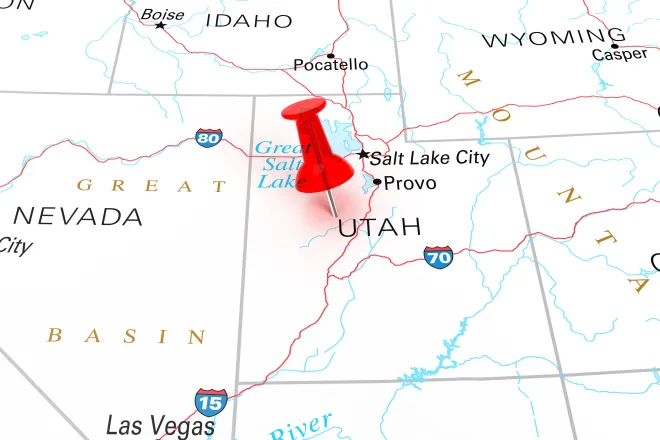
Wyoming, Montana among states with highest workers' comp costs
(The Center Square) – Wyoming and Montana are among states with the highest workers' compensation costs in the nation, according to a new report.
The report, from the Idaho-based Mountain States Policy Center, used 2020 data from the National Academy of Social Insurance to show how competition can help lower workers' compensation expenses and improve outcomes.
Pointing to the Centers for Disease Control’s definition of workers’ compensation as “systems established to provide partial medical care and income protection to employees who are injured or become ill from their job,” report author Paige Thibaut said the purpose of the compensation is to incentivize employers to minimize injury and illness in the workplace.
“While the federal government has established this overarching definition of workers’ compensation and its purpose, each state government is responsible for creating its own system and regulation for workers’ compensation,” Thibaut wrote. “This has led to some stark differences in the workers’ compensation systems of varying states.”
Wyoming is one of only a few states with a “monopoly” on its worker’s compensation system and, as a result, the lack of competition has led to “increasing rates and questionable customer service,” according to Thibaut.
“Wyoming is also one of the four states in the U.S. to take a monopolistic approach to worker’s compensation, meaning worker’s compensation is publicly funded and there is no private sale of worker’s compensation,” the report said.
Employers in Montana can choose to purchase their workers' compensation from the state, from private companies, or can self-insure, leading to declining rates. While there are mixed opinions about which system is best, Thibaut wrote there is “ample research to suggest the private model uses the free market to improve coverage, lower costs and protect workers.”
States that switched from public to private workers’ compensation systems include West Virginia and Nevada. Before 2004 when the West Virginia government was overseeing things, the system was losing $1 million per day. Nevada once faced a similar situation.
“As we move forward, we are likely to see continued privatization of workers’ compensation - a free market solution which will promote competition and can only benefit businesses and employees alike,” Thibaut said.
















